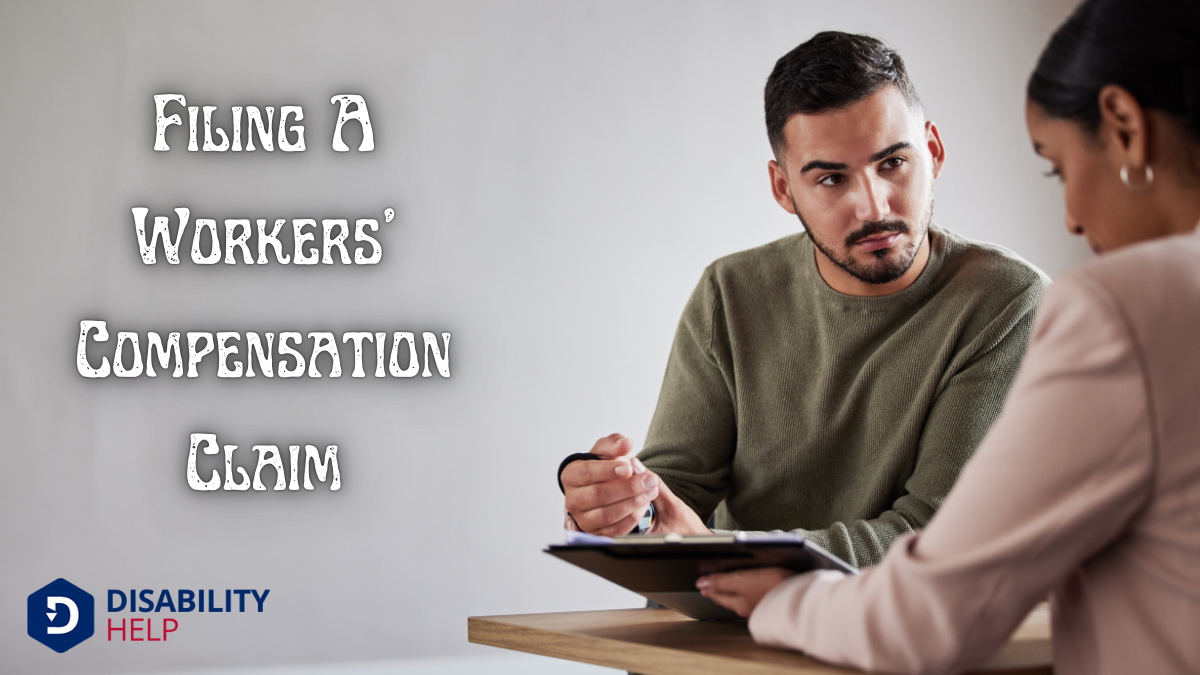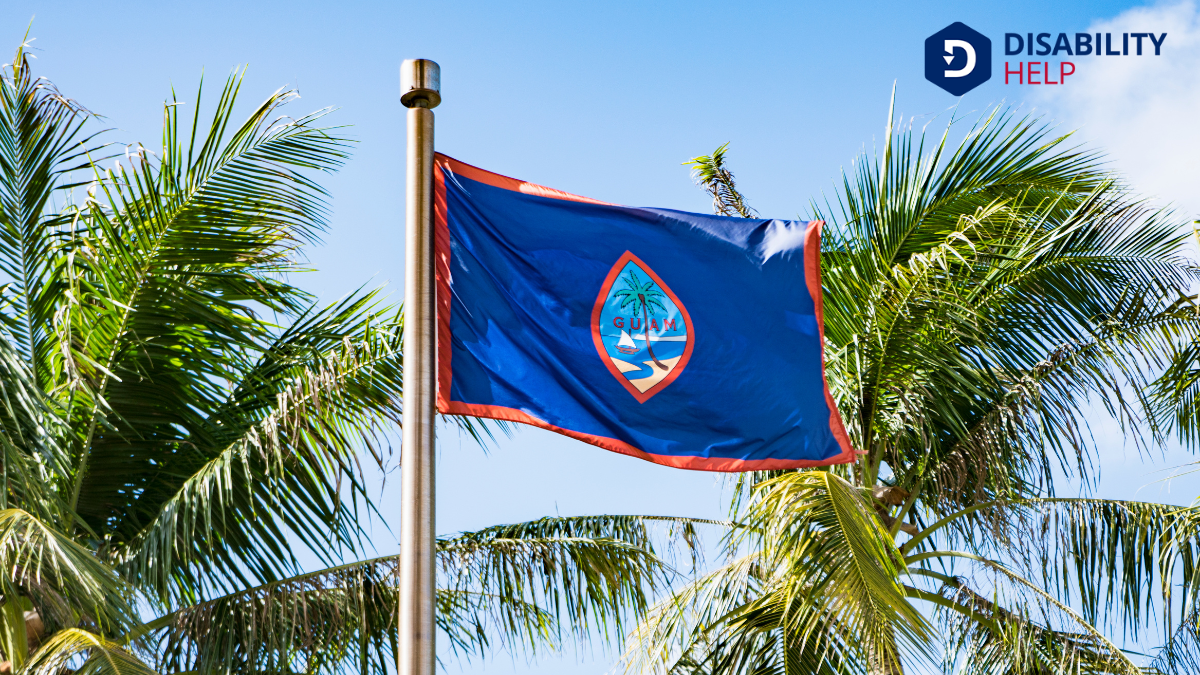In Guam, workers' compensation guarantees employees are protected with necessary benefits for work-related injuries or illnesses. Only employees—not independent contractors—qualify, and employers must have insurance coverage. We must report injuries promptly to the employer, who provides claim forms that we should complete meticulously to avoid delays. Benefits include medical expenses, disability payments, and possibly death benefits for dependents if needed. Assuring that we keep detailed records and maintain communication with involved parties can prevent disputes. If we face challenges in the process, further assistance and understanding of potential solutions are available. There's more to explore on this topic.
Key Takeaways
- Employees in Guam must be classified as employees, not independent contractors, to be eligible for workers' compensation benefits.
- Employers are required by law to carry workers' compensation insurance in Guam.
- Injuries must be reported promptly to employers for claims to be valid and processed smoothly.
- Benefits include medical treatment coverage, disability benefitsFinancial assistance provided to individuals who are unable to work due to a disability, such as Soc..., vocational rehabilitationServices that help individuals with disabilities prepare for, obtain, and maintain employment., and death benefits for dependents.
- Disputes can be resolved through open communication, mediation, or legal assistance if needed.
Understanding Eligibility Requirements
To understand the eligibility requirements for Guam workers' compensation, let's break down the key criteria.
First, we need to confirm that we're classified as employees rather than independent contractors. This distinction is vital since only employees are covered under Guam's workers' compensation laws. We should examine our employment contracts or consult with our employers for clarity on our employment status.
Next, it's important to determine if our injury or illness occurred while performing job-related duties. For compensation eligibility, the incident must arise out of and during the course of employment. This means that if we were injured or became ill due to something directly related to our work, we might qualify for benefits.
Also, we must verify our employer carries workers' compensation insurance. Most employers in Guam are required to have this insurance, but it's always good to check, especially if we work in smaller businesses or specific industries with different regulations.
Finally, let's keep in mind any time limits. Reporting an injury promptly is essential, as delays can affect our claim's validity.
Filing a Workers' Compensation Claim

Now that we comprehend the eligibility requirements for Guam workers' compensation let's focus on filing a claim. First, if we suffer a work-related injuryAn injury that occurs in the course of employment, potentially leading to temporary or permanent dis... or illness, we should notify our employer immediately. Prompt notification can guarantee that our rights are protected and that the necessary paperwork is initiated without delays.
Next, our employer should provide us with the appropriate claim forms. It's vital to fill them out accurately, as any mistakes could cause delays in processing. We must detail the incident, the nature of our injuries, and any medical treatment received.
After completing the forms, we should return them to our employer, who'll then forward them to the workers' compensation insurance carrier.
Additionally, it's important to keep a personal record of all documents and communications related to our claim, including medical reports and receipts for any expenses. This documentation can be invaluable if there are any disputes or if additional information is required.
Finally, if we encounter any issues or our claim is denied, we have the right to appeal. Seeking advice from a legal expert familiar with Guam's workers' compensation laws can help us navigate this process effectively.
Types of Benefits Available
When it comes to workers' compensation in Guam, understanding the types of benefits available is vital. These benefits can provide critical support if we experience a work-related injury or illness.
First, there are medical benefits, which cover necessary treatments, medications, and sometimes rehabilitationThe process of helping individuals with disabilities achieve and maintain their optimal physical, se... costs. It's reassuring to know that these expenses are taken care of, allowing us to focus on recovery.
Next, we've temporary total disability benefits. If we're unable to work while recuperating, these benefits offer financial support, typically a percentage of our average weekly wage. This guarantees we can manage our expenses during this challenging time.
When a full return to work isn't possible, permanent disability benefits become available. These can be either partial or total, depending on the extent of our injury and its impact on our earning capacity.
Additionally, vocational rehabilitation benefits may be offered. If we need to change jobs due to injury, this assistance helps us retrain or learn new skills, easing the change into a new role.
Finally, death benefits are available to dependents if a work-related injury results in loss of life, providing financial support to those left behind. Understanding these benefits empowers us to make informed decisions.
Navigating the Claims Process
Let's explore how we can successfully navigate the claims process for workers' compensation in Guam.
We'll start by understanding how to file a claim correctly and then move on to the steps involved in getting that claim approved.
Filing a Claim
Maneuvering the claims process for workers' compensation in Guam can be straightforward if you understand the necessary steps.
First, we need to report the injury to our employer as soon as possible. Timeliness is essential because delays can complicate the claim.
After notifying our employer, we should seek medical attention promptly to guarantee our health and document the injury officially.
Once we've received medical care, the next step is to fill out the necessary claim forms. Our employer should provide these, but if they're unavailable, we can get them from the Guam Department of Labor's website.
It's important that we fill out these forms accurately and completely, detailing the injury and how it occurred.
After completing the forms, we submit them to our employer, who then files them with the workers' compensation insurance carrier.
Keeping copies for our records guarantees we've proof of submission. It's helpful to follow up with our employer and the insurance company to confirm that everything is proceeding smoothly.
Claim Approval Steps
Maneuvering the claims approval process in Guam involves several key steps to guarantee our workers' compensation claim is successful.
First, we must confirm all necessary documentation is complete and accurate. This includes medical reports, incident details, and any relevant witness statements. Timeliness is vital; submitting everything promptly helps prevent unnecessary delays.
Next, communication with the insurance provider is essential. We should regularly check in to confirm they've received all required documents and inquire about any additional information they might need. Keeping a record of all communications can be beneficial if disputes arise.
After submission, the insurance provider will review our claim. They may request an independent medical examination to verify the extent of our injuries. Cooperation with this process is important, as non-compliance could result in delays or denial.
Once the review is complete, we'll receive a decision. If approved, benefits will begin, covering medical expenses and lost wages.
If denied, we have the right to appeal. Understanding the reason for denial is vital, as it allows us to gather additional evidence or documentation to strengthen our case during the appeal process.
Comparing Guam to Other Territories

When we compare Guam's workers' compensation system to those of other U.S. territories, several key differences and similarities emerge.
Like Guam, territories such as Puerto Rico and the U.S. Virgin Islands have systems in place to protect workers injured on the job. However, the specifics of these systems can vary considerably and are influenced by local laws and regulations.
In Guam, the workers' compensation system is regulated by the Guam Department of Labor, which oversees the claims process and guarantees compliance. This is similar to the U.S. Virgin Islands, where the Department of Labor plays a similar role.
However, Puerto Rico's system operates under its own unique legal framework, reflecting a blend of local statutes and federal guidelines.
One notable difference is the funding mechanism. Guam's system typically involves employer-purchased insurance to cover claims, while some territories might rely on a combination of private and public funds.
Additionally, the benefits offered, such as wage replacement and medical coverage, can differ in amount and duration.
Common Challenges and Solutions
In Guam, we often encounter challenges like managing claim delays and addressing benefit disputes within the workers' compensation system.
These issues can create significant stress and financial strain for those affected, but there are practical steps we can take to address them.
Navigating Claim Delays
Dealing with claim delays in Guam's workers' compensation system can be frustrating, but understanding common challenges can help us find effective solutions.
First, let's recognize that delays often stem from incomplete documentation. Confirming that all necessary forms and medical records are submitted accurately and promptly can greatly reduce waiting times.
Another challenge is miscommunication between different parties involved, such as employers, insurance companies, and healthcare providers. We should maintain open lines of communication, regularly checking in to verify everyone is on the same page. This proactive approach can prevent misunderstandings that might otherwise slow down the process.
We can also encounter delays due to administrative backlogs. While these are often beyond our direct control, we can follow up regularly with the relevant offices to verify our claim isn't overlooked. Staying informed about the status of our claim empowers us to address any issues promptly.
Finally, seeking assistance from a knowledgeable workers' compensation attorney or advocate can provide guidance through the intricacies of the system. They can help us navigate any obstacles efficiently, confirming that our rights are protected and our claims are processed in a timely manner.
Together, we can overcome these hurdles and secure the benefits we rightfully deserve.
Addressing Benefit Disputes
While managing claim delays is a common hurdle, another significant challenge we face in Guam's workers' compensation system involves addressing benefit disputes.
These disputes can arise from misunderstandings, disagreements over eligibility, or discrepancies in benefit amounts. It's essential that we approach these issues with a clear strategy to guarantee our rights and responsibilities are upheld.
To effectively manage benefit disputes, we should consider:
- Understanding the Dispute: Start by thoroughly examining the reasons behind the dispute. Is it related to eligibility, the extent of the injury, or the calculation of benefits?
- Documentation: Gather all relevant documentation, including medical records, employment history, and any correspondence with insurers, to support our position.
- Communication: Open lines of communication with all parties involved. Sometimes, disputes are resolved through simple clarification and discussion.
- Seeking Mediation: If direct communication doesn't resolve the issue, mediation can be a valuable tool. A neutral third party can help facilitate a fair resolution.
- Legal Guidance: If the dispute persists, consulting a legal professional specializing in workers' compensation can provide us with the necessary insights and representationThe way people with disabilities are depicted in media, culture, and politics, often influencing pub....
Conclusion
In our journey through Guam's workers' compensation system, we've explored eligibility, filing claims, and the benefits available. We've also looked at how Guam compares to other territories and tackled common challenges together. Steering through this process can seem intimidating, but understanding each step empowers us to advocate effectively for our rights. Let's stay informed and proactive, ensuring that we're prepared to handle any issues that might arise on our path to securing deserved compensation.






